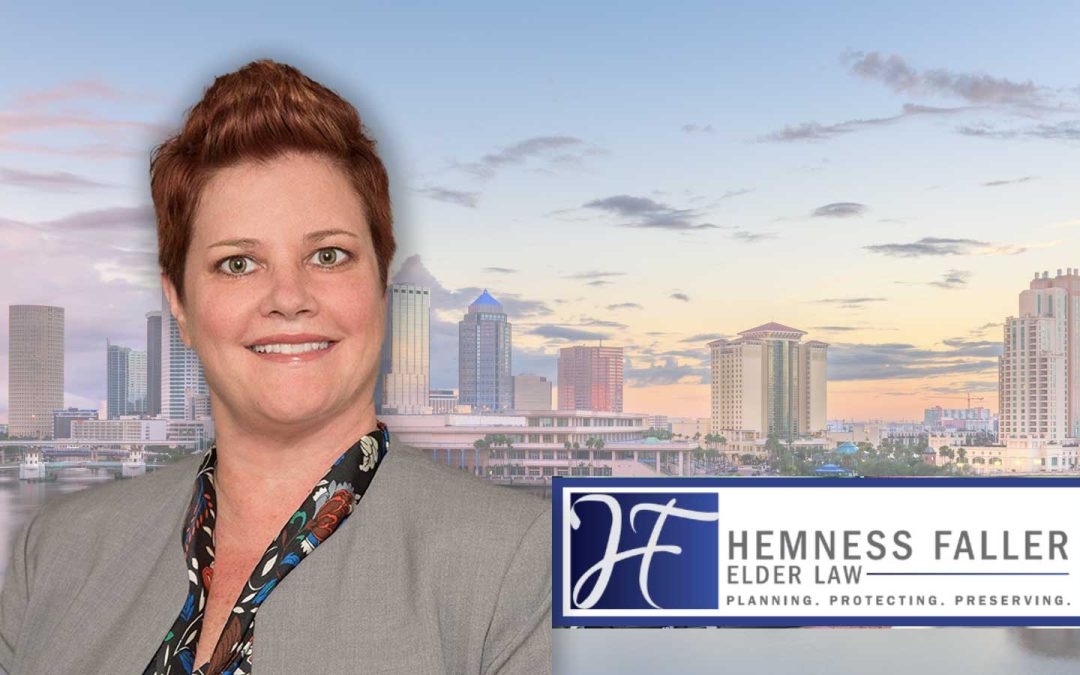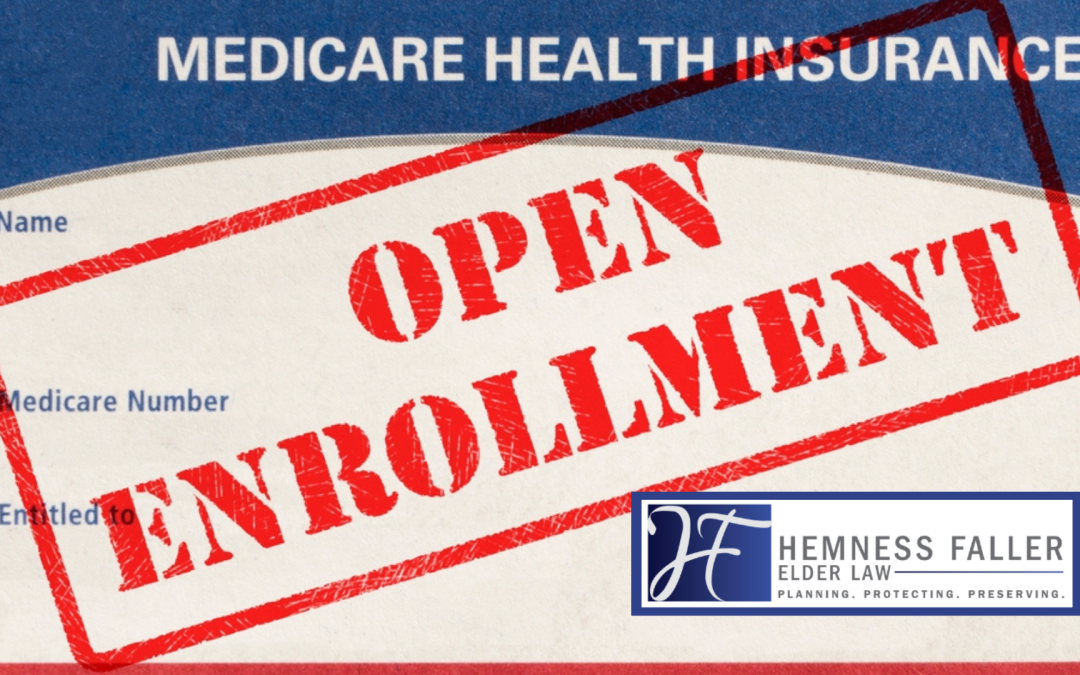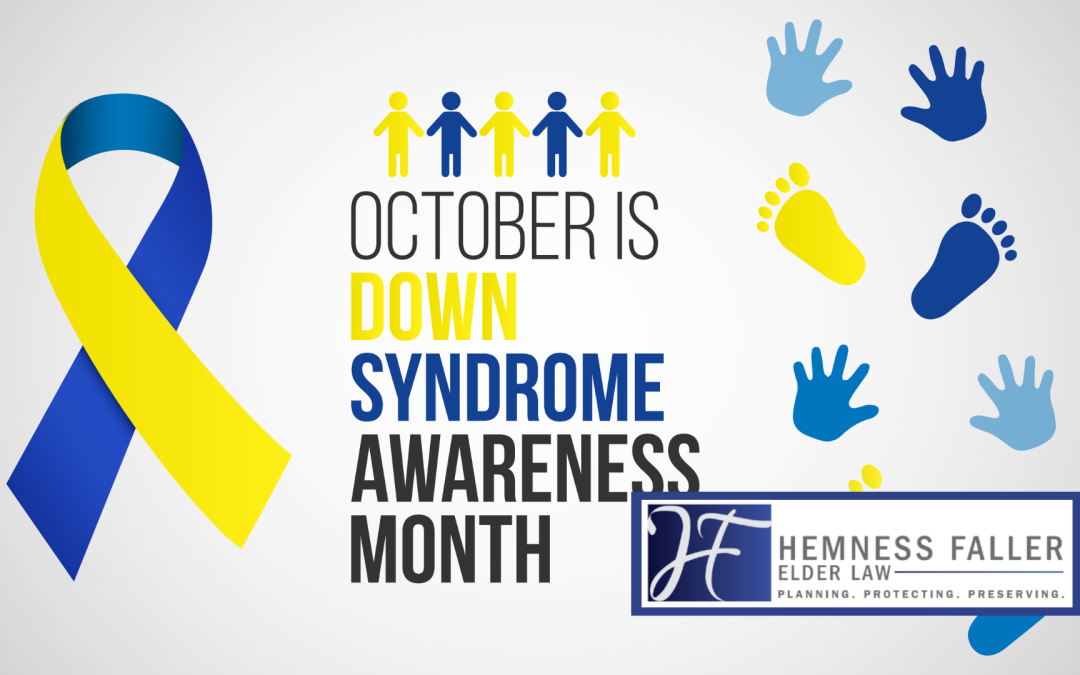As a healthy and active senior living in Florida have you thought about what would happen if you suddenly became incapacitated due to an accident, surgery or disease? Who would take care of you? If there was no one available how would you pay for long-term care? Is there any state program that could help, like Medicaid? With less than half of all Americans today having an estate plan, it is no wonder that even fewer have planned for their long-term care needs. Long-term care planning addresses the need for a possible future where you may need to rely on another person or facility each day due to physical or mental cognitive issues. This means, in simple terms, a time when you cannot safely care for yourself.
In our office we meet with seniors who are alone and other seniors with their loved ones each day on what it means to need long-term care and how to plan successfully to meet those needs, including Florida Medicaid. We have three important tips to share with you to both educate yourself and begin to get the answers that you need.
1. Start planning right now for a future where you might need long-term care. We highly recommend you meet with an elder law attorney who is also an expert in Florida Medicaid. It is understandable that no one wants to think about a future that would involve the need for long-term care, however, the best gift you can give yourself is to have a plan in place so that should the time come when you are incapacitated and unable to care for yourself you are prepared and not at risk. Be aware that long-term care is expensive and so you need to start looking at your financial resources. With the advice of your Florida elder law attorney she can help you see what your monthly bills are, what you can afford right now and what needs to be protected. You can prepare yourself for the future by understanding where you stand right now. Your attorney will advise you on how you can be prepared, including applying for Florida Medicaid if the need arises.
2. Speak as soon as possible with an experienced attorney who understands elder law planning and Florida Medicaid planning. An experienced elder law attorney will be able to educate you on what your options are in numerous circumstances and come up with a plan to make sure you, your family, and what you care about most, is protected. Also, be sure your estate plan is up-to-date and reflects what you want. Even though your estate plan is not a long-term care plan, with your estate plan you can give legal authority for healthcare and financial decisions to another person that you trust. You can also designate this person or persons the authority to make decisions when you are not able to do so independently. Again, your elder law attorney will advise you on the importance of an estate plan and being prepared.
3. Start now to discuss long-term care issues with your doctors and specialists. Be aware that long-term care impacts every person differently. If you have a new diagnosis or a chronic condition, you need to talk with your doctor about what you should expect in the future. While your long-term care needs are unique to you, your doctor knows you and will be able to give you advice on what to understand and potentially plan for. In fact, make a list of questions for your doctor and include any that your family may have. Long-term care, the aging process, and family relationships are all complicated. Do not hesitate to make a list of what you are concerned about and the questions you need answered. Be aware, this list will change over time as you answer one question and encounter the next.
We know this subject of planning ahead for the future and also for Florida Medicaid may seem daunting. We also know you may have more questions now that you have read it. We encourage you not to wait to ask us your elder law questions on this or any important issue facing Florida seniors today. The experienced team of attorneys here at Hemness Faller, The Law Office formerly known as Emma Hemness, P.A., are here for you and your family and we want to be YOUR estate planning and elder law attorneys. After all, we are ordinary people, providing extraordinary guidance backed by years of experience and advocacy for the vulnerable citizens in our community. We encourage you to contact us and schedule a meeting with us.






